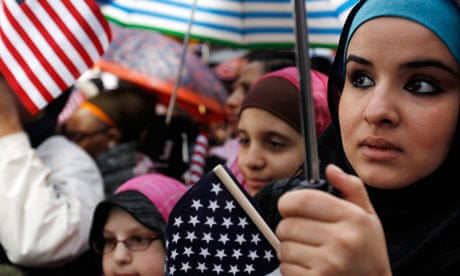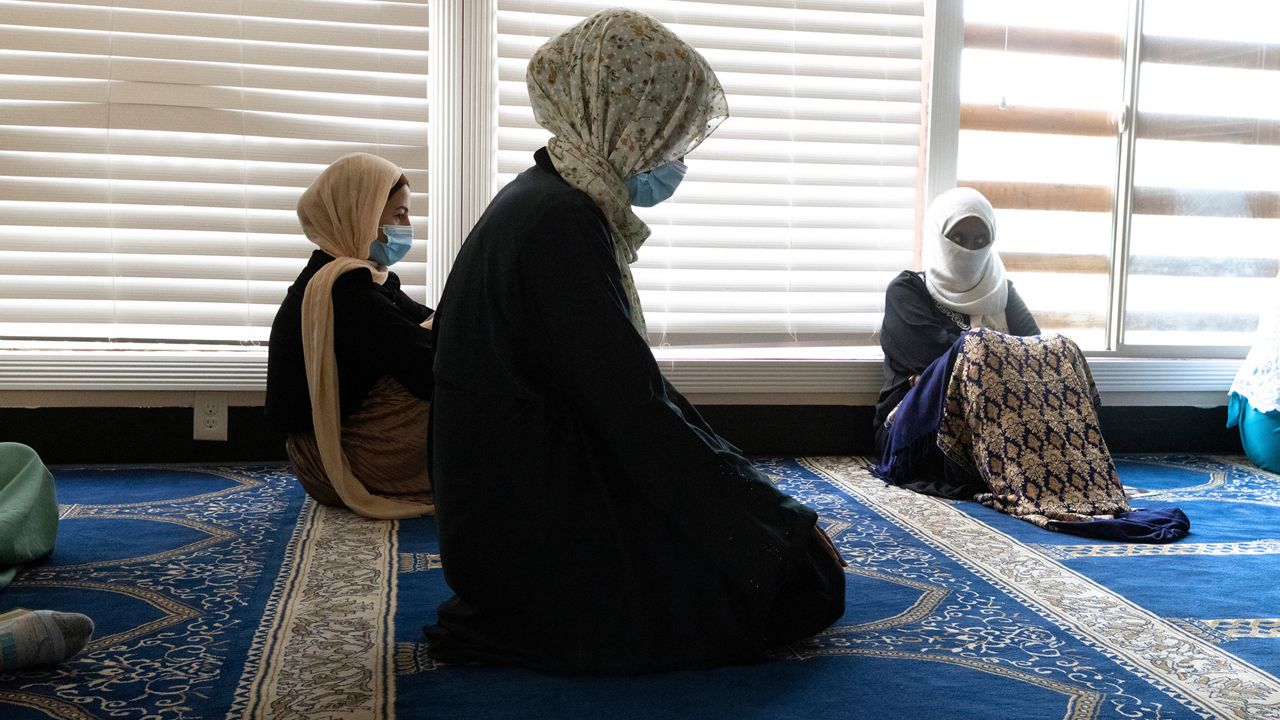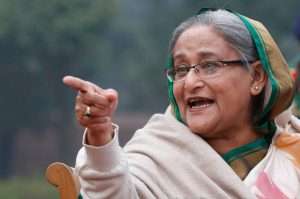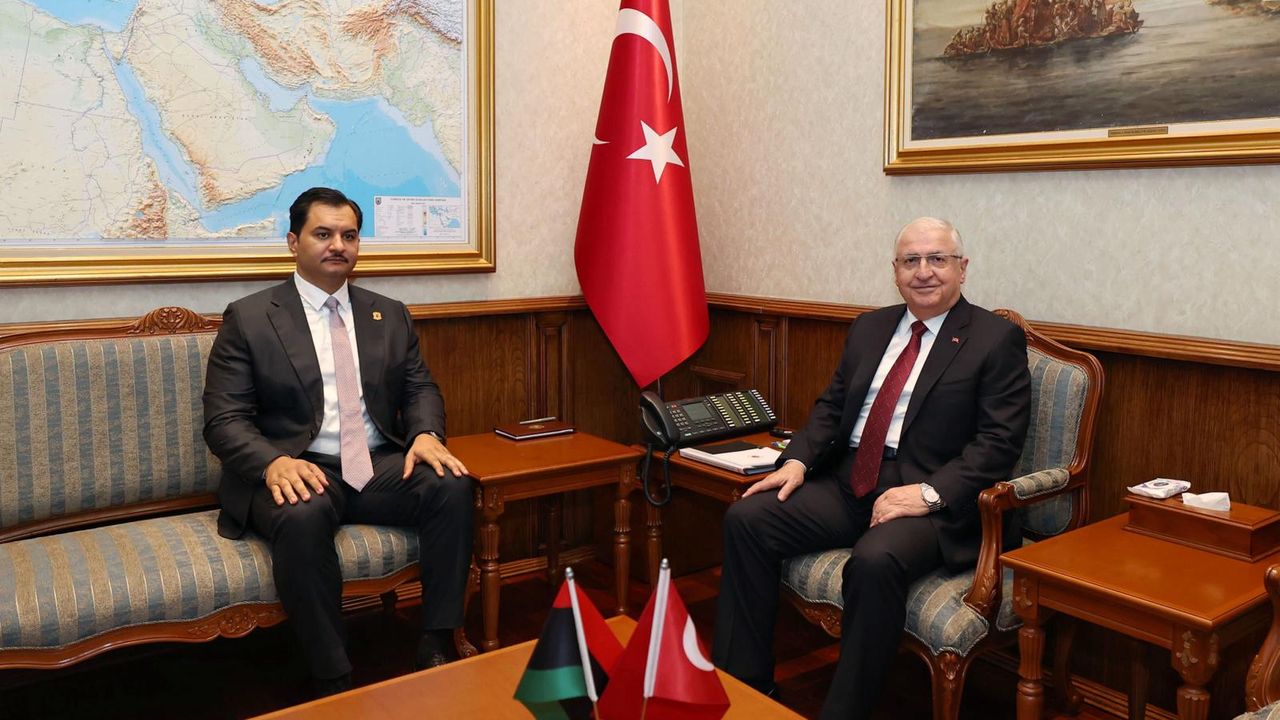American Muslims and the counter-narrative

There are about three and a half million Muslims in the U.S., comprising just over one percent of the total U.S. population. Although some believe that number is underestimated, that makes Islam currently the third-largest religion in the United States. By 2040, the Pew Research Center projects that Islam will grow to become the second-largest religion in the country.
The poll covers a number of different areas, such as attitudes toward job creation, education, Islamophobia, race, civic engagement, civic responsibility, and the direction the country is taking. Some of the most surprising findings are to do with voting.
American Muslims are already a powerful, although not necessarily predictable, voting bloc. Muslim voter registration numbers have climbed significantly since 2016, and they now vote at levels on a par with the general public.
But with voter suppression efforts continuing at all levels of federal, state, and local government, Muslims are more likely than any other faith or non-faith group to encounter obstacles to voting, according to the American Muslim Poll 2022: A Politics and Pandemic Status Report, released by The Institute for Social Policy and Understanding (ISPU).
Designed to be a “scientific representative snapshot of ordinary people,” according to Dalia Mogahed, ISPU’s Director, the poll surveys not just Muslims, but other religious groups as well, including Catholics, Protestants, White Evangelicals, Jews, and others. But it “allows us to democratize the discourse” about Muslims.
The poll found that the voter registration rate among Muslims has been dramatically trending upward over the last six years. Eight in ten Muslims are eligible to vote, and 81% of those eligible Muslims are registered to vote, as compared to 84% registered voters in the general population.
There were several surprises in the poll, according to Mogahed. First, Muslims were the most likely faith community to say they had experienced barriers to casting their ballots to vote in elections. “This was the first time we realized that American Muslims were dealing with” voter access issues, Mogahed said.
46% recounted that they had faced an obstacle, more than twice as many as any other religious group polled, and more often it was younger people. Surprisingly, a full 59% of Muslims who identified as White responded that they had faced obstacles. This starkly contrasted with 15% of whites in the general population who reported experiencing obstacles, and almost twice any other Muslim group, whether Black or Asian, reporting obstacles. ISPU plans to dive deeper into further research on this puzzling finding.
While overall 70 percent of Muslims voted Democratic in the 2022 midterm election, 28 percent of Muslim voters voted Republican, according to Wall Street Journal exit polling. The Muslim Republican vote was up 11 percent from the 2018 midterms.
“There’s an important emphasis on traditional values in Islam” according to Robert McCaw, director of government affairs at the Council for American Islamic Relations (CAIR), a civil rights advocacy group. Exit polling by CAIR showed that after the midterms, 58 percent of Muslims voted for Democrats; 16 percent voted for Republican candidates; and 22 percent declined to answer which party they opted for.
But American Muslim voters “do not fit into a left or right political paradigm, and no party can ever take the support of the community for granted,” McCaw told Middle East Eye. When people decline to say which party they voted for, it’s more often than not the Republican Party, he said.
The 2022 midterms saw a record 83 Muslims winning seats, compared to 71 in 2020, according to a November report put out by CAIR and Jetpac, a nonprofit focused on Muslim political representation. Many of the winning candidates are in their 20s.
Sylvia Chan-Malik, an associate professor at Rutgers University, told Teen Vogue why she thinks young Muslims are increasingly running for office.
Their generation has been “completely shaped and formed by the War on Terror,” she said. “They’ve never known another America, except one in which these anti-Muslim, very racist anti-Muslim types of logic are in the air and circumscribe every aspect of their lives.”
Following the 9/11 terrorist attacks, anti-Muslim racism unified and escalated nationally, forcing the American Muslim community to construct a collective identity that has formed the backdrop into which “this generation of Gen Z Muslims steps,” said Chan-Malik.
At the same time, the Muslim poll revealed another surprising finding–that a higherthan-expected percentage of young Muslims have “internalized their own oppression.” Minority groups have been “buying into the very negative stereotypes they are bombarded by,” Mogahed said, “especially when their identity has been so politicized and in many cases demonized.”
Dr. Muniba Saleem, an ISPU scholar and Associate Professor in Media Psychology, Intergroup Communication, and Diversity at the University of California, Santa Barbara, said, “There are well-documented studies showing that minorities can internalize the negative stereotypes of their group and that can influence their self-esteem, psychological distress, motivation, and performance.”
While the Muslim Poll candidly acknowledges that more research is needed to fully understand the why and how of “internalized Islamophobia,” it suggests that internalized prejudice may actually be a defense mechanism against the trauma of bigotry at the hands of the dominant group by agreeing with those in power but believing one has the choice to not be like those tropes.
According to Chan-Malik, access to social media has emboldened the younger Muslim generation. Not only do they not feel dis-empowered, but they can create content themselves and contribute to the counter-narrative. In fact, she argued that after growing up feeling watched under the post-9/11 surveillance of American Muslims, young Muslims have developed a defiant attitude.

Whatever the myriad reasons for increased Muslim youth engagement, it hasn’t happened by accident. Groups like CAIR and EMgageUSA and others have actively engaged in building up and motivating the Muslim voter. Perceptions have changed. No longer among the reasons given for why Muslims don’t vote is that voting is haram, according to the poll. Indeed, voting is now predominantly looked upon as a civic duty in the Muslim community.
Increased Muslim participation in American democracy is a positive trend. It reflects the diversity of America, and Muslims contribute significantly to American society. Self-employed Muslims employ an average of eight workers, for example, resulting in at least an estimated 1.37 million American jobs created, according to the poll.
Looking ahead and recognizing based on its findings that gains still need to be made, the poll makes a number of recommendations. It suggests more ‘get out the vote’ messaging directed at Muslim women and young people; education of American Muslim voters about how to respond when facing obstacles to voting; and recognizing internalized Islamophobia as a major challenge facing young Muslims.
It also recommends addressing Muslim mental health challenges with greater awareness and resource allocation; educating community members to report institutional Islamophobia and bullying; promoting careers in media and mental health to youth; and engaging in intra-Muslim conversations about race and racial healing.
Elisabeth R. Myers is an American lawyer, law professor, and analyst based in Marrakech, Morocco. The former founding Editor-in-Chief of online magazine Inside Arabia, her work focuses on human rights, women’s rights, democracy, and the rule of law. She is the Host of The Tilila Report, a podcast named for and focusing on freedom. On Twitter @semibrief.
This article was originally published on Inside Arabia
Want to chase the pulse of North Africa?
Subscribe to receive our FREE weekly PDF magazine















